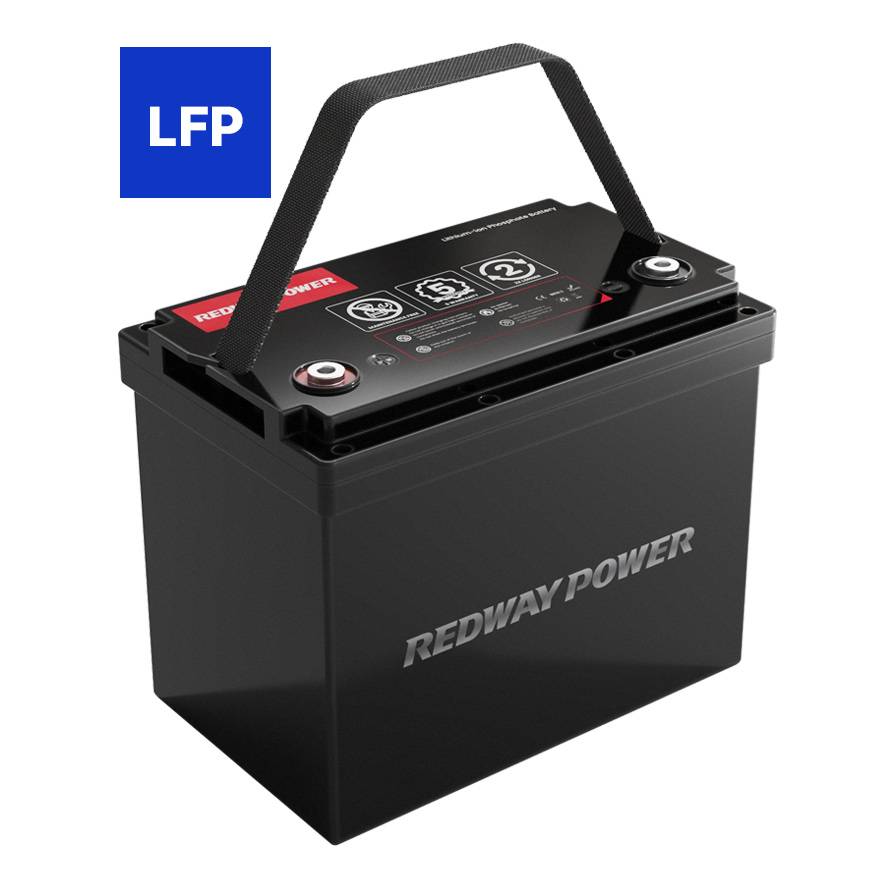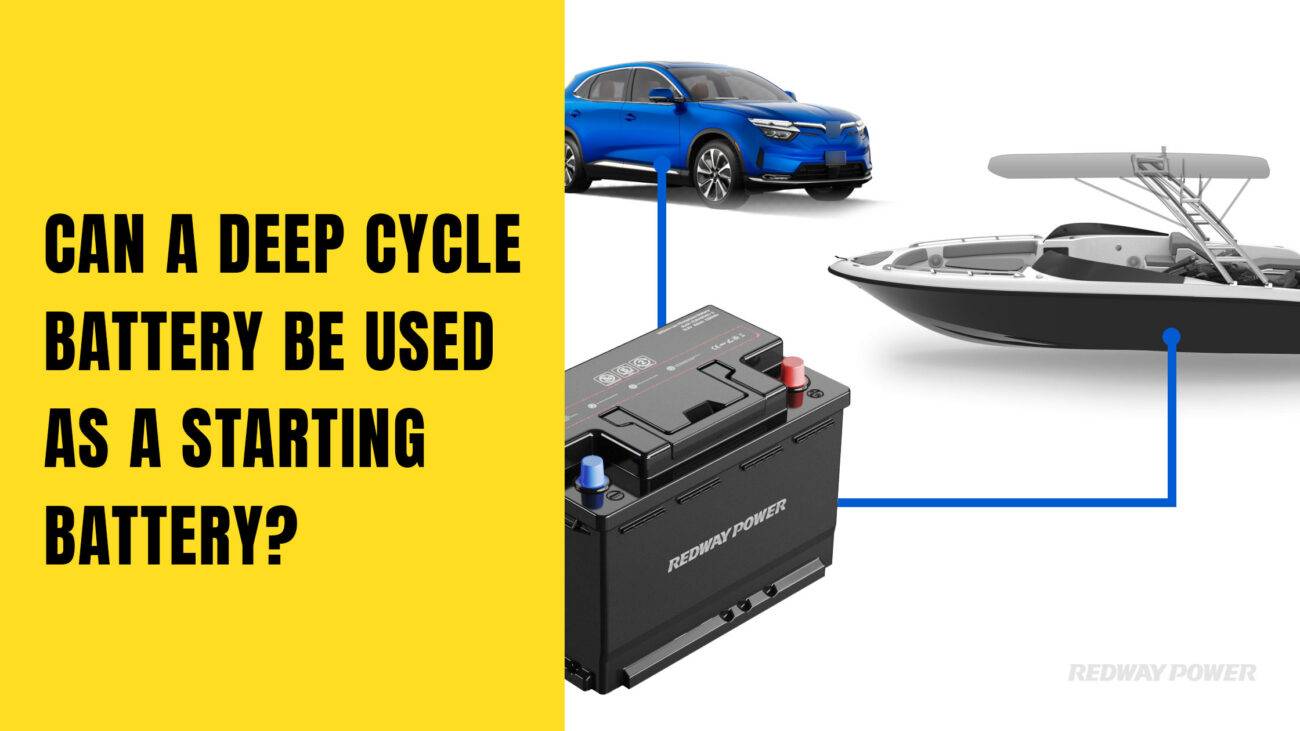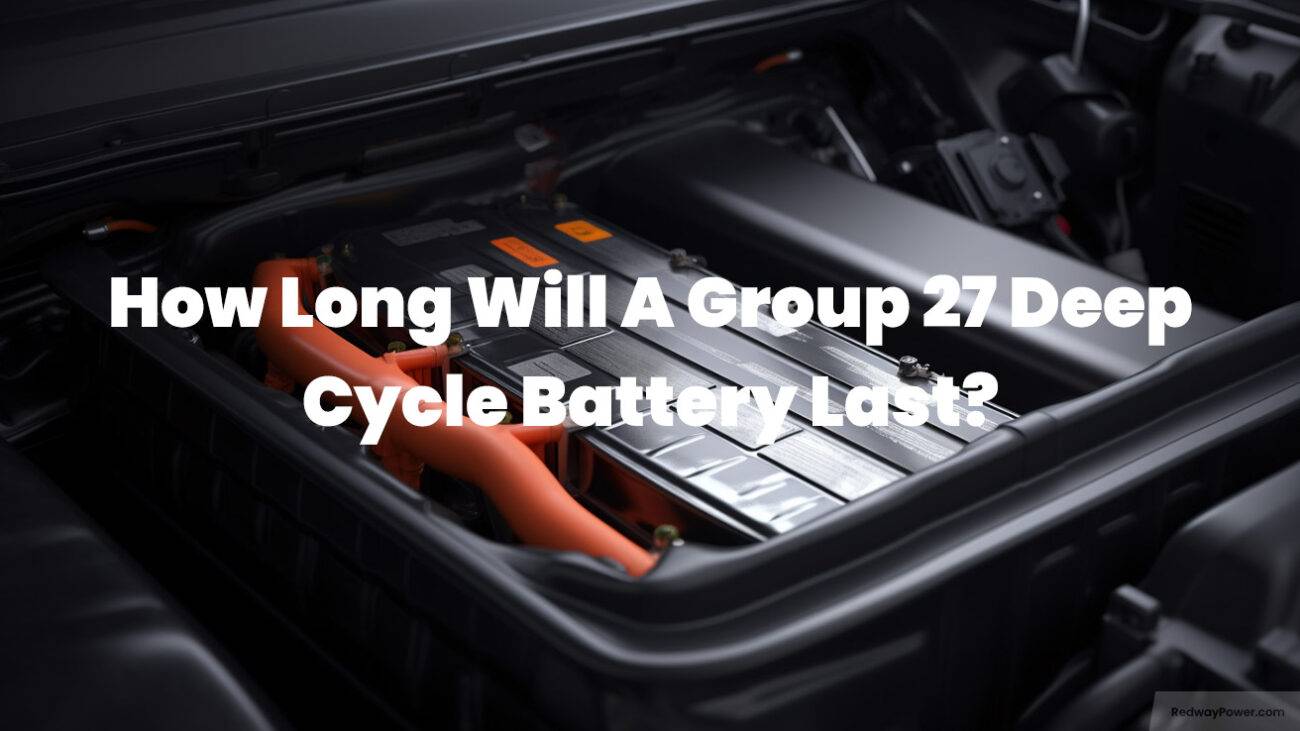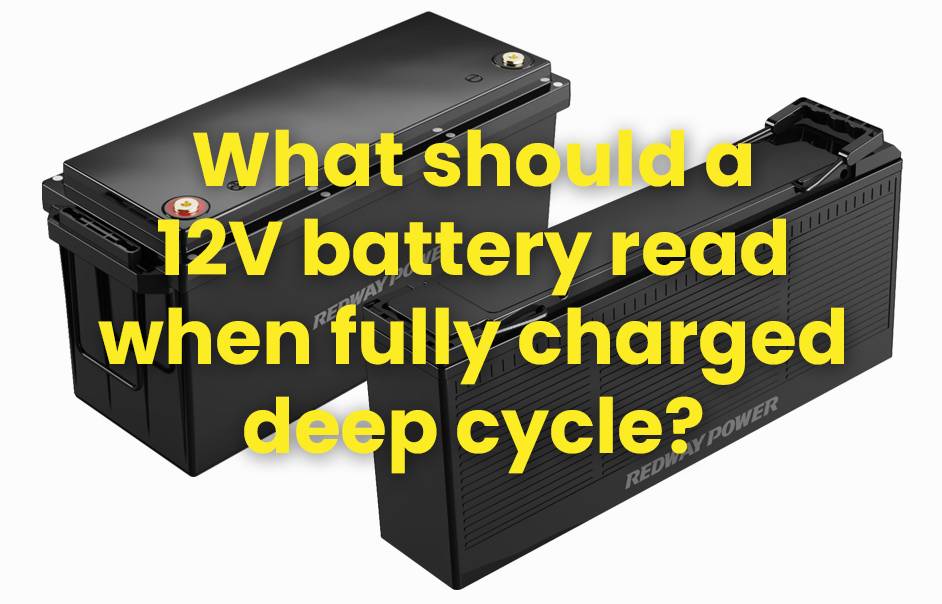- Forklift Lithium Battery
-
48V
- 48V 210Ah
- 48V 300Ah
- 48V 420Ah (949 x 349 x 569 mm)
- 48V 420Ah (950 x 421 x 450 mm)
- 48V 456Ah
- 48V 460Ah (830 x 630 x 590 mm)
- 48V 460Ah (950 x 421 x 450 mm)
- 48V 460Ah (800 x 630 x 600 mm)
- 48V 460Ah (820 x 660 x 470 mm)
- 48V 500Ah
- 48V 560Ah (810 x 630 x 600 mm)
- 48V 560Ah (950 x 592 x 450 mm)
- 48V 600Ah
- 48V 630Ah
-
48V
- Lithium Golf Cart Battery
- 12V Lithium Battery
12V 150Ah Lithium RV Battery
Bluetooth App | BCI Group 31
LiFePO4 Lithium
Discharge Temperature -20°C ~ 65°C
Fast Charger 14.6V 50A
Solar MPPT Charging - 24V Lithium Battery
- 36V Lithium Battery
- 48V Lithium Battery
-
48V LiFePO4 Battery
- 48V 50Ah
- 48V 50Ah (for Golf Carts)
- 48V 60Ah (8D)
- 48V 100Ah (8D)
- 48V 100Ah
- 48V 100Ah (Discharge 100A for Golf Carts)
- 48V 100Ah (Discharge 150A for Golf Carts)
- 48V 100Ah (Discharge 200A for Golf Carts)
- 48V 150Ah (for Golf Carts)
- 48V 160Ah (Discharge 100A for Golf Carts)
- 48V 160Ah (Discharge 160A for Golf Carts)
-
48V LiFePO4 Battery
- 60V Lithium Battery
-
60V LiFePO4 Battery
- 60V 20Ah
- 60V 30Ah
- 60V 50Ah
- 60V 50Ah (Small Size / Side Terminal)
- 60V 100Ah (for Electric Motocycle, Electric Scooter, LSV, AGV)
- 60V 100Ah (for Forklift, AGV, Electric Scooter, Sweeper)
- 60V 150Ah (E-Motocycle / E-Scooter / E-Tricycle / Tour LSV)
- 60V 200Ah (for Forklift, AGV, Electric Scooter, Sweeper)
-
60V LiFePO4 Battery
- 72V~96V Lithium Battery
- Rack-mounted Lithium Battery
- E-Bike Battery
- All-in-One Home-ESS
- Wall-mount Battery ESS
-
Home-ESS Lithium Battery PowerWall
- 24V 100Ah 2.4kWh PW24100-S PowerWall
- 48V 50Ah 2.4kWh PW4850-S PowerWall
- 48V 50Ah 2.56kWh PW5150-S PowerWall
- 48V 100Ah 5.12kWh PW51100-F PowerWall (IP65)
- 48V 100Ah 5.12kWh PW51100-S PowerWall
- 48V 100Ah 5.12kWh PW51100-H PowerWall
- 48V 200Ah 10kWh PW51200-H PowerWall
- 48V 300Ah 15kWh PW51300-H PowerWall
PowerWall 51.2V 100Ah LiFePO4 Lithium Battery
Highly popular in Asia and Eastern Europe.
CE Certification | Home-ESS -
Home-ESS Lithium Battery PowerWall
- Portable Power Stations
Why Do I Need a Deep Cycle Battery for My Applications?

A deep cycle battery is essential for applications that require sustained power over time, such as camping, boating, and off-grid energy systems. Unlike standard automotive batteries, which provide quick bursts of energy, deep cycle batteries are designed to be discharged and recharged repeatedly, making them ideal for powering devices that need energy over extended periods.
How do deep cycle batteries differ from standard batteries?
Deep cycle batteries are specifically designed to provide a steady amount of power over long periods. In contrast, standard automotive batteries (starting batteries) deliver high bursts of power for short durations, primarily to start engines. The construction of deep cycle batteries includes thicker plates and more robust materials that allow them to withstand repeated discharges without damage.Chart: Comparison of Battery Types
| Feature | Starting Battery | Deep Cycle Battery |
|---|---|---|
| Discharge Depth | Shallow (2-5%) | Deep (up to 80% or more) |
| Design | Thin plates for quick discharge | Thick plates for sustained power |
| Lifespan | 3 to 5 years | 4 to 10 years |
| Typical Use | Engine starting | Running electronics and appliances |
What are the main applications for deep cycle batteries?
Deep cycle batteries are used in various applications where sustained power is necessary. Common uses include:
- Marine Applications: Powering lights, fish finders, and other electronics on boats.
- Recreational Vehicles (RVs): Supplying energy for appliances like refrigerators and air conditioning.
- Off-grid Systems: Storing energy from solar panels or wind turbines.
- Electric Vehicles: Used in golf carts and electric scooters.
Chart: Common Applications of Deep Cycle Batteries
| Application | Description |
|---|---|
| Marine | Powers onboard electronics |
| RVs | Supplies energy for appliances |
| Off-grid systems | Stores renewable energy |
| Electric vehicles | Powers electric mobility solutions |
Why is a deep cycle battery essential for camping and marine use?
When camping or boating, access to reliable power is crucial. A deep cycle battery can provide the necessary energy to run lights, charge devices, and operate appliances without the risk of draining a starting battery. This capability ensures that users can enjoy their outdoor activities without worrying about losing power.
What types of deep cycle batteries are available?
There are several types of deep cycle batteries, each with unique benefits:
- Flooded Lead Acid: The most common type; requires maintenance but is cost-effective.
- AGM (Absorbent Glass Mat): Maintenance-free and resistant to vibration; suitable for various applications.
- Gel Batteries: Sealed and spill-proof; ideal for tight spaces but may have lower discharge rates.
- Lithium-Ion Batteries: Lightweight with long lifespans; offer fast charging and deeper discharges but come at a higher cost.
How long can I expect a deep cycle battery to last?
The lifespan of a deep cycle battery varies based on its type and usage conditions. Generally:
- Flooded Lead Acid: 4 to 6 years with proper maintenance.
- AGM: 5 to 7 years.
- Gel: Approximately 6 years.
- Lithium-Ion: Can last over 10 years due to their ability to handle more cycles without degradation.
Chart: Expected Lifespan of Different Battery Types
| Type | Expected Lifespan |
|---|---|
| Flooded Lead Acid | 4 – 6 years |
| AGM | 5 – 7 years |
| Gel | Approximately 6 years |
| Lithium-Ion | Over 10 years |
How do I choose the right deep cycle battery for my needs?
Choosing the right deep cycle battery depends on your specific requirements:
- Determine Your Power Needs: Calculate how much power you will need based on your devices’ wattage and usage time.
- Consider Weight and Size: Ensure the battery fits your space constraints while providing adequate capacity.
- Select the Right Type: Choose between flooded lead acid, AGM, gel, or lithium based on your budget and performance needs.
- Check Cycle Life: Look for a battery with a high number of cycles if you plan frequent discharges.
Industrial News
Recent developments in battery technology have led to significant advancements in deep cycle batteries, particularly in lithium-ion options. These newer models offer enhanced performance characteristics such as faster charging times, longer lifespans, and reduced weight compared to traditional lead-acid batteries. As outdoor activities grow in popularity, manufacturers are focusing on creating more efficient and durable solutions tailored for camping and marine applications.
Redway Power Expert Views
“Deep cycle batteries are indispensable for anyone who relies on portable power during outdoor adventures,” states an expert from Redway Power. “Their ability to deliver consistent energy over extended periods makes them ideal for camping trips or marine activities where reliability is key.”





















